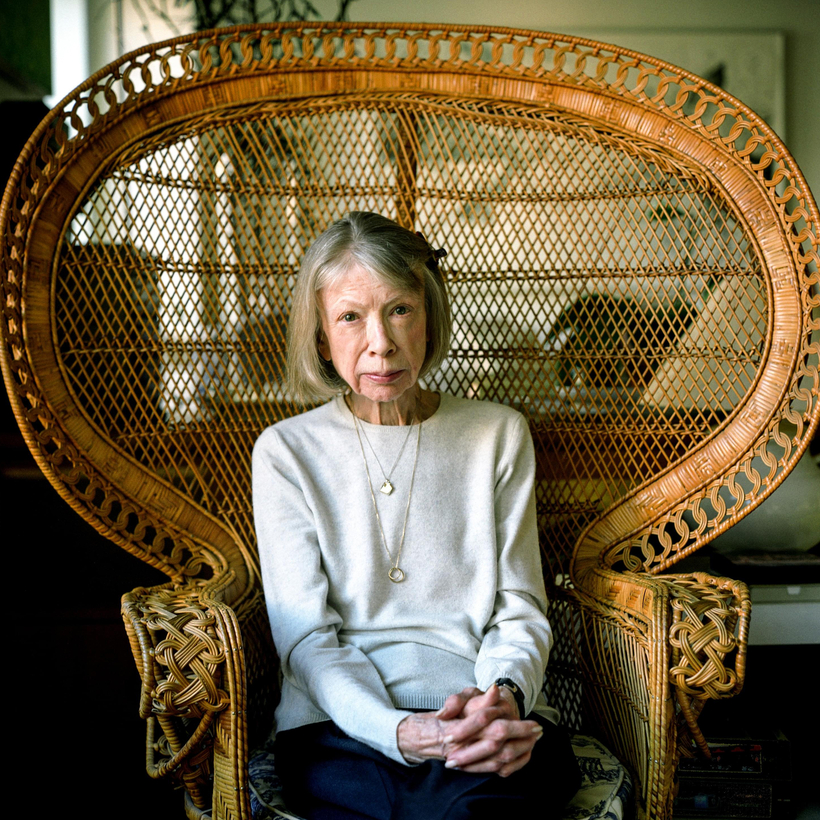On a cold Friday morning in February 2022, Cory Leadbeater took his final walk with Joan Didion. It was down Madison Avenue on Manhattan’s Upper East Side, where she and he had walked “thousands of times”, an odd-couple pairing well known to the nearby museums and restaurants.
Didion was a literary legend who, in her eighties, was in body (but not in influence), vanishing almost to nothing. Leadbeater, her longtime live-in companion and carer, was a burly man in his twenties who had secrets and struggles of his own. This well-trodden walk took them back to the vast apartment that the millions of readers of her last great work, The Year of Magical Thinking, will know as the setting of Didion’s exquisitely excruciating grief for her husband and daughter.

